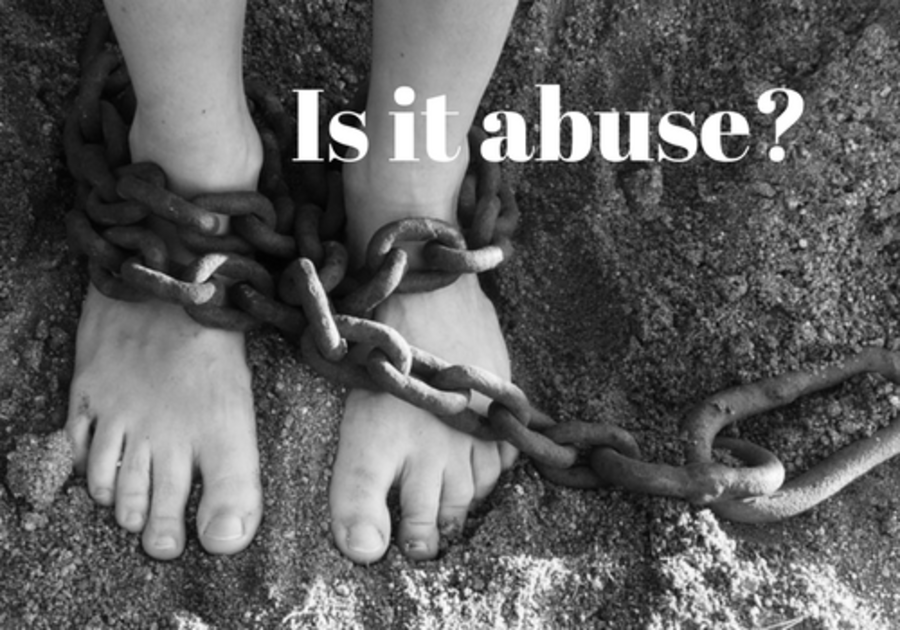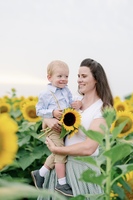If you have just discovered that your child or a child you care about has been sexually abused, it may feel as if your world is falling apart. But there is hope. Other caring adults have been where you are.
Caring for Kids: What Parents Need to Know about Sexual Abuse, is designed to give you the information you’ll need to help support children who have experienced sexual abuse. From dealing with the shock of disclosure to coping with the emotional impact of navigating the legal system, these resources will help you and your child move past the pain, and realize that it is possible to transcend trauma. In addition to helping you to recognize child sexual abuse and cope with its aftermath, this toolkit provides resources that can help you to keep children and adolescents safe. Caring for Kids includes information on understanding sexual development in children and on how to talk to children about sexual issues and body safety, as well as information for teens on acquaintance rape and how to reduce their risk of victimization.
Having conversations with your kids about important matters doesn't have to be difficult. There are many ways that you and your children can work together to reduce their risk of victimization.
For more information on The Smart Talk, a free tool that helps families set digital safety ground rules together.
First Phone: A Child's Guide to Digital Responsibility, Safety, and Etiquette by Catherine Pearlman (Author)
Are you having a difficult time getting your kiddo to sit down to have these types of conversations?
Here is another resource that may be a good strategy for the time being at least. Sign your kid up on bloomforall.com
BLOOM provides modern, inclusive, and mindful health and wellness information sourced from our nation’s top experts to make the teenage years a little easier for everyone. We cover Healthy Mind, Healthy Body, Relationships, Digital Life, Gender & Orientation, Sexual Health, and more.
Not sure how to start a conversation about sexual education with young people? AMAZE is here for you. Through Having The Talks (because it’s not just one talk, it’s a lifetime of talks) you will find introductory videos from sex education experts; beautifully designed downloadable talking tips, conversation starters, and script language; and related videos, books, and online resources.
National Child Traumatic Stress Network
Established by Congress in 2000, the National Child Traumatic Stress Network (NCTSN) is a unique collaboration of academic and community-based service centers whose mission is to raise the standard of care and increase access to services for traumatized children and their families across the United States. Combining knowledge of child development, expertise in the full range of child traumatic experiences, and attention to cultural perspectives, the NCTSN serves as a national resource for developing and disseminating evidence-based interventions, trauma-informed services, and public and professional education.
Suggested Citation National Child Traumatic Stress Network Child Sexual Abuse Committee. (2009). Caring for Kids: What Parents Need to Know about Sexual Abuse. Los Angeles, CA & Durham, NC: National Center for Child Traumatic Stress
The NCTSN is funded by the Center for Mental Health Services (CMHS), Substance Abuse and Mental Health Services Administration (SAMHSA), U.S. Department of Health and Human Services and jointly coordinated by UCLA and Duke University.
This product was developed by the Child Sexual Abuse Committee of the National Child Traumatic Stress Network, comprised of mental health, legal, and medical professionals with expertise in the field of child sexual abuse. This project was funded by the Substance Abuse and Mental Health Services Administration (SAMHSA), U.S. Department of Health & Human Services (HHS). The views, policies, and opinions expressed are those of the authors and do not necessarily reflect those of Macaroni Kid, SAMHSA or HHS.



